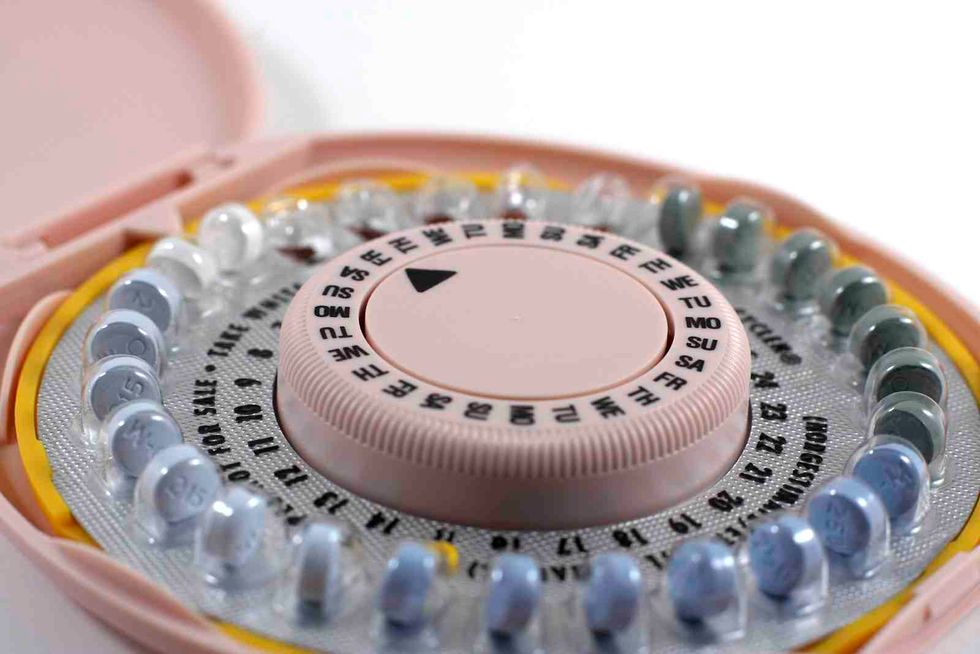This article was first published in the Old Post Sentinel on 11/19/16.
The teen years of a person’s life are some of the most crucial for their development. From the start of puberty to the end, every person is in one mad scramble to figure themselves out and explore and even come into their own sexuality. This isn’t a bad thing, save for the catch: they’re having to figure it out all on their own.
Comprehensive sexual education in high schools is a must at this crucial point in teenage development. However, it seems that there is such a stigma around sex in general, let alone teenage sex, that not many people are willing to teach it anymore.
And while some may find this to be an awkward conversation, it’s one we all need to be having. After all, it’s people’s health on the line.
Planned Parenthood defines comprehensive sex education is education that “covers the wide array of topics that affect sexuality and sexual health.” It is classified as primarily evidence-based, peer-reviewed science. Its goal is to promote knowledge and sexual well-being in a fashion that is all inclusive.
According to the Guttmacher Institute, 37 states require that information on abstinence be provided in the curriculum. Indiana is among the 26 of those states that require abstinence be stressed.
Teens don’t just need sex education because they are beginning to explore; they also need it because their bodies are changing and they don’t know what’s happening to them.
Over 23% of schools in the country teach students sexual health information based on an abstinence-only curriculum, and here’s why that just doesn’t work.
According to The Guardian, some of these programs give false information to make abstinence seem like the better (or the only) option, such as condoms cause cancer, the first sexual experience should be painful and ovarian cancer in women is caused by promiscuity.
A study done by former State Representative Henry Waxmann revealed that 80 percent of schools in the nation who use an abstinence-only curriculum are providing this kind of distorted information. Not only that, but these programs exclude all non-heterosexual and non-cisgender persons. In a growing and evolving world this is not only unfair, but dangerous.
Those who oppose the idea of comprehensive sexual education do so because they believe that it encourages teenagers to become sexually active and result in pregnancy.
However, according to a study done by the National Survey of Family Growth, kids aged 15 to 19 are 50 percent less likely to experience teen pregnancy after receiving comprehensive sex ed.
It is common belief for parents to oppose the idea of educating teenagers about things such as abstinence, body image, contraception, gender, human growth and development, human reproduction, pregnancy, relationships, safer sex, sexual attitudes and values, anatomy and physiology, behavior, health, and even sexual identity and orientation.
However, this is merely confusing comprehensive education’s goal of answering the questions teens have with advertising a life of promiscuity.
Kids have questions. But they are too scared to speak up because of the stigma surrounding the answers. It’s time we stop hiding it and acting like it’s a dirty word.
The time for that is long overdue. The fact is, sex is a normal part of life for a vast majority of people. And if teens are comfortable enough to be doing it, they need to be comfortable enough to talk about it.



















